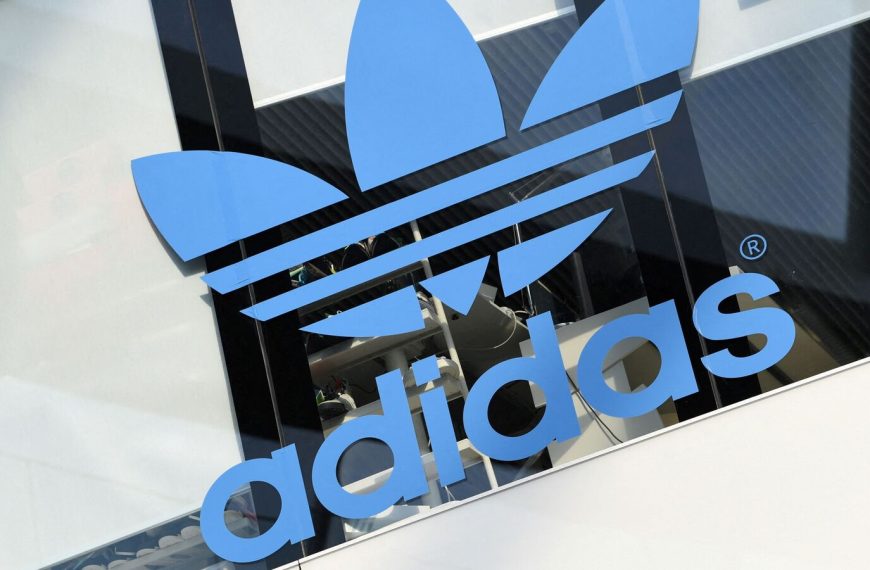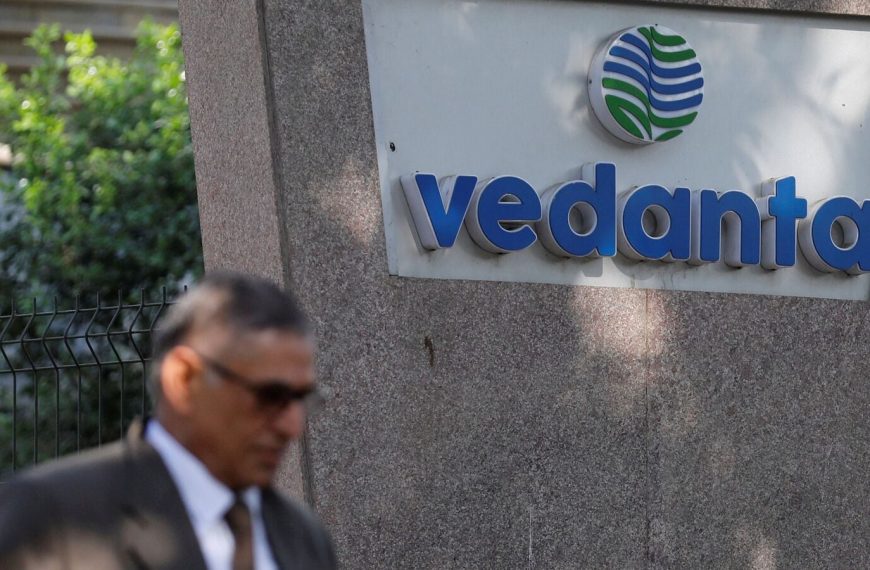British stocks experienced a positive surge on Tuesday, driven by optimistic corporate earnings and favorable news from the U.S. government regarding automotive tariffs. Investors are closely monitoring the latest financial reports, which have contributed to a sense of stability in the markets. As of 10:27 GMT, the FTSE 100 index climbed by 0.25%, marking its twelfth consecutive day of gains.
Strong Performance in Financial Sector
The banking sector saw notable advancements, with the bank index increasing by 2%. A significant contributor to this rise was HSBC, whose shares jumped by 2.5% following the release of its first-quarter profit, which exceeded expectations. Additionally, the bank announced a $3 billion share buyback program, further boosting investor confidence.
AstraZeneca Faces Challenges
Conversely, AstraZeneca faced a setback, with its shares dropping by 2.7%. The drugmaker revealed it could incur a fine of up to $8 million in China due to suspected unpaid taxes. Moreover, its quarterly revenue fell short of analysts’ predictions, putting pressure on the healthcare index, which fell by 1.5%.
Energy Sector Decline
The energy sector also struggled, with a 2% decline attributed to major oil company BP, whose stock plummeted by 4% after reporting a more significant drop in net profit than anticipated. This underperformance reflects ongoing challenges within the sector.
U.S. Trade Policy Impact
In a related development, the Trump administration is reportedly planning to ease the burden of new automotive tariffs. Proposed measures include reducing duties on foreign parts used in U.S.-manufactured vehicles and preventing additional tariffs on imported cars from compounding existing ones. This could provide some relief to the automotive industry, which has been under pressure.
Consumer Price Pressures
Back in the UK, grocery price inflation rose to 3.8% in April, according to industry data, compounding the financial strain on consumers already grappling with increased energy, water, and council tax bills. Despite these challenges, the mid-cap index rose by 0.8%, achieving its fifth consecutive day of gains.
Notable Mid-Cap Performers
Among the mid-cap stocks, Travis Perkins stood out with a remarkable 7.8% increase, driven by a 3.7% growth in like-for-like revenue from its toolstation division in the first quarter. In contrast, Associated British Foods, the owner of Primark, saw its stock tumble by 8.4% after announcing a 10% drop in first-half profits, making it the worst performer on the FTSE 100.
In conclusion, while the UK stock market seems to be on an upward trajectory, several key players face challenges that could influence future performance. Investors will be keen to see how these developments unfold in the coming days.











